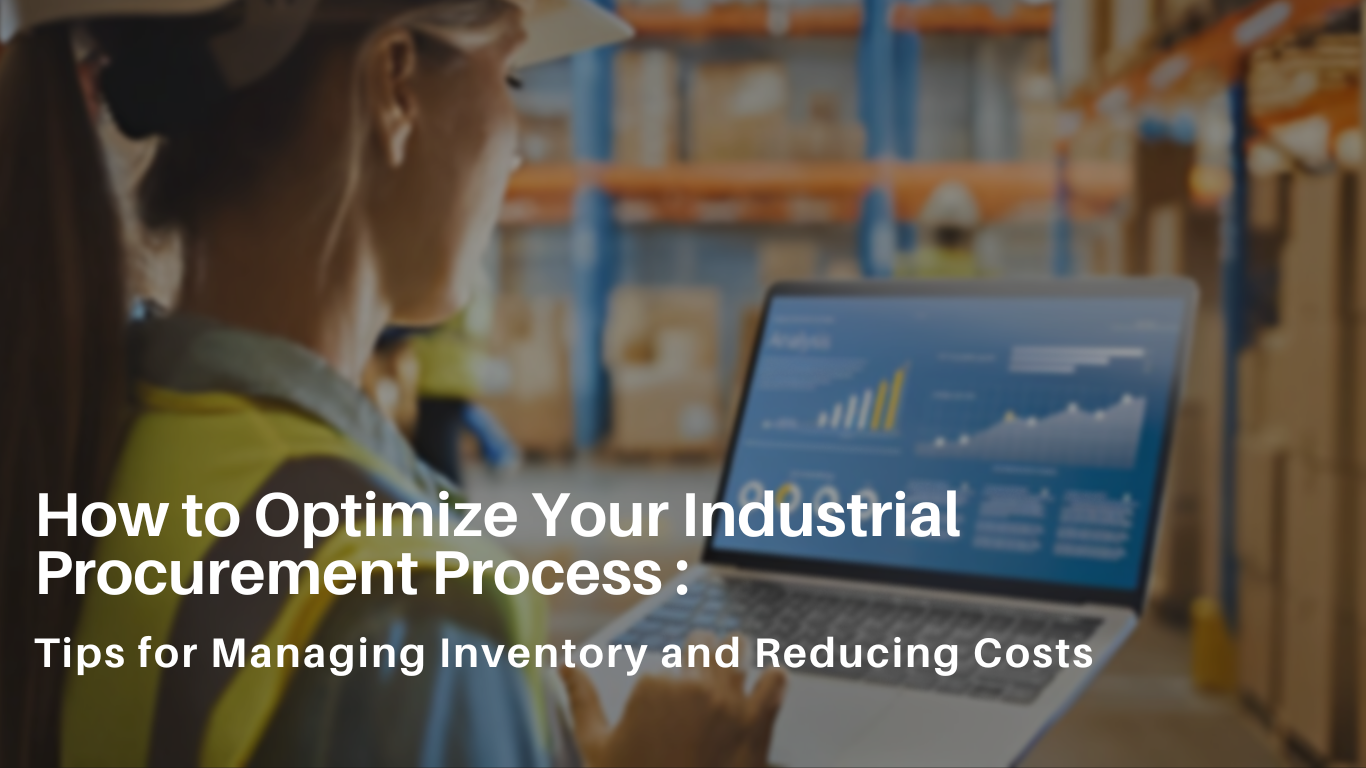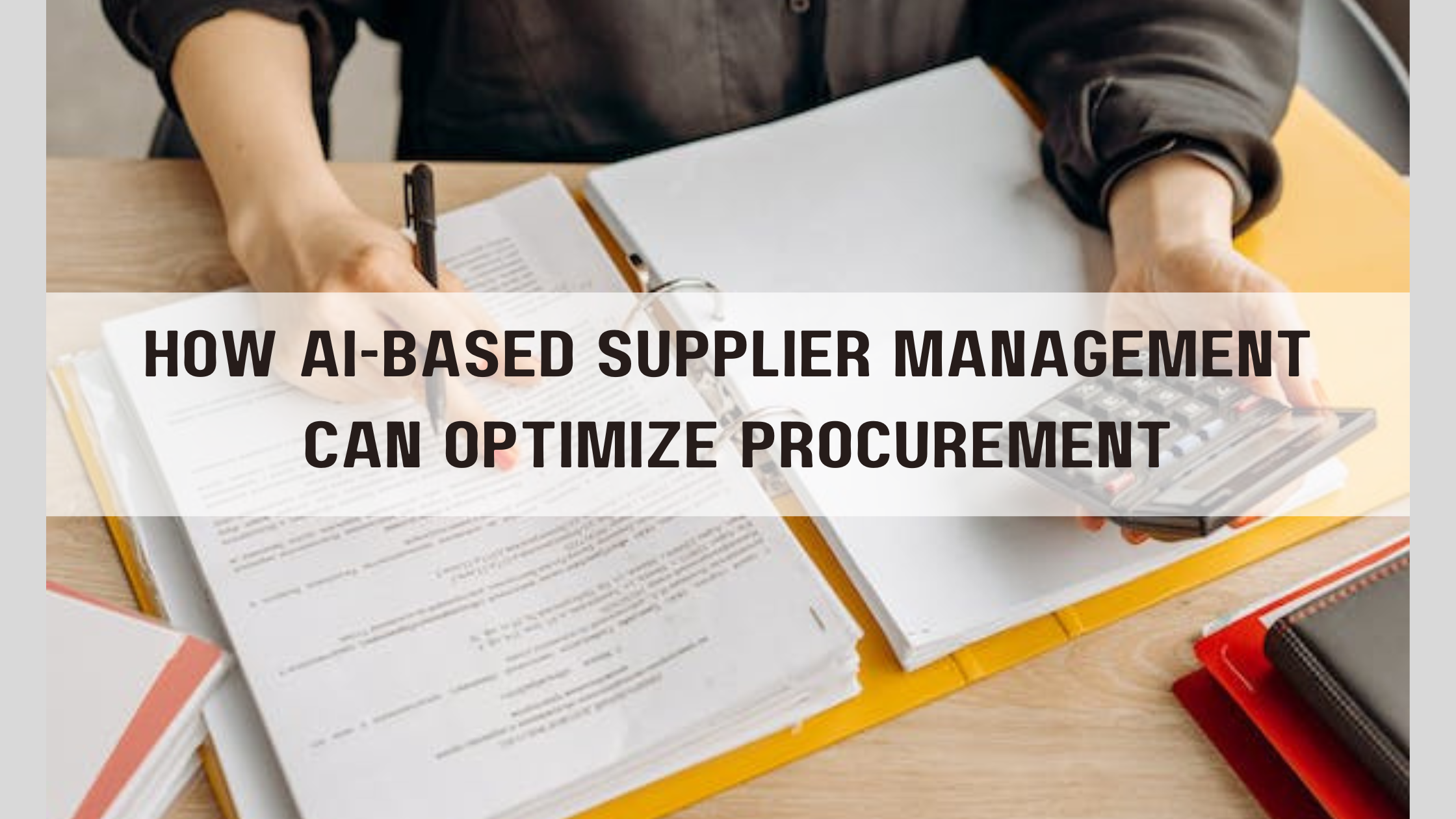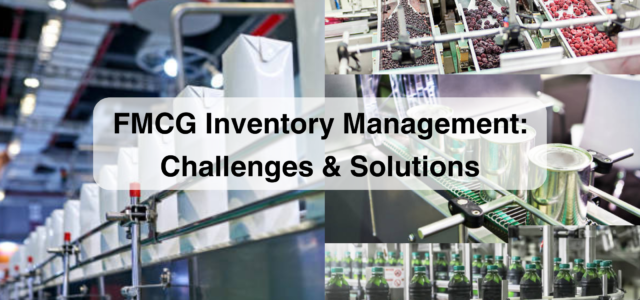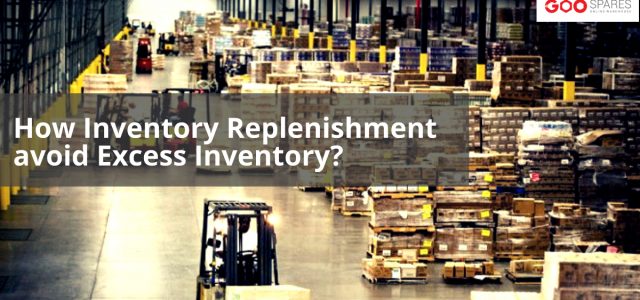Before the emergence of Artificial Intelligence, managing suppliers was a complex task that required a lot of manual effort. Organizations relied on spreadsheets and documentation to keep track of their suppliers and their performance. Regular audit checks were conducted to ensure compliance with regulations and to identify areas of improvement. Staff spent a lot of time monitoring supplier performance, managing relationships, and negotiating contracts. Communication and collaboration with suppliers was done through traditional communication channels like phone calls, emails, and face-to-face meetings.
Organizations faced challenges such as supplier fraud, late deliveries, and inconsistencies in quality. In summary, supplier management before Artificial Intelligence was time-consuming, largely manual, and prone to errors.
Application of AI in Supplier Management:
1. Automated supplier identification and selection
Automated supplier identification and selection by AI is a game-changing technology that has the potential to transform procurement processes and improve business performance. It can help companies achieve cost savings by identifying the best suppliers that offer high-quality products or services at competitive prices.
AI involves the use of intelligent algorithms to analyze large volumes of data and identify the most suitable suppliers for a given project. This technology has several advantages over traditional supplier identification and selection methods.
1. Faster and more efficient, as it can sift through vast amounts of data in seconds, while humans may take days or even weeks to complete the same task.
2. More accurate and reliable, as it is not prone to biases or errors that may arise from human judgment.
2. AI-powered supply chain risk management
With the help of advanced machine learning techniques and predictive analytics, businesses can now identify potential risks and vulnerabilities in their supply chain, in real-time. This technology also enables businesses to monitor supplier performance and compliance, by analyzing supplier data and identifying any potential red flags.
By implementing AI-powered supply chain risk management, businesses can enhance their ability to respond to disruptions effectively, minimize operational costs, reduce risks and improve supply chain resilience. Overall, AI-powered supply chain risk management provides businesses with valuable insights and actionable intelligence to make data-driven decisions, stay ahead of the competition, and achieve their goals.
3. Optimization of supplier contracts and agreements
Artificial Intelligence (AI) has revolutionized the way businesses approach contract and agreement optimization with suppliers.
AI helps businesses automate the contract review process, reducing the time and resources needed for contract management. By taking advantage of the insights generated by AI, businesses can optimize their supplier contracts and agreements to maximize cost savings and operational efficiency. Ultimately, by leveraging AI, businesses can ensure that their supplier partnerships are mutually beneficial and sustainable over the long term.
4. Supplier fraud detection and prevention
AI-based supplier fraud prevention systems can help companies reduce the risk of fraudulent activities by providing real-time monitoring of suppliers’ financial records, reputation, and performance. This allows companies to identify high-risk suppliers and take proactive measures to mitigate potential risks.
5. Natural language processing for contract management
NLP can be a valuable tool for businesses looking to streamline their contract review and analysis processes. NLP algorithms can be used to extract key information from contracts, such as obligations, deadlines, and payment terms, making it easier for organizations to monitor compliance and manage risk.
NLP can also be used to identify potential issues or anomalies in contracts, such as inconsistent language or conflicting clauses, allowing organizations to take corrective action before problems arise.
6. Machine learning-based supplier evaluation and scoring
Machine learning-based supplier evaluation and scoring can help organizations to better manage their supply chain, reduce risk, and improve their bottom line. Machine learning algorithms analyze large amounts of data so that organizations can identify patterns and trends in supplier behavior, such as on-time delivery rates, quality metrics, and responsiveness to customer needs.
This information can then be used to develop supplier scorecards, which can help organizations to make more informed decisions about which suppliers to work with and how to allocate resources. Machine learning can also be used to predict supplier performance based on historical data, allowing organizations to proactively address potential issues before they occur.
7. Robotic process automation for supplier onboarding and invoicing
Robotic process automation (RPA) has emerged as a go-to technology for organizations to automate routine and repetitive tasks. RPA is a powerful solution for supplier onboarding and invoicing that can drive operational efficiency and improve the overall vendor management process.
RPA can help streamline these workflows and improve operational efficiency. By automating data collection from various sources, RPA bots can quickly validate supplier information and ensure compliance with regulatory requirements.
Additionally, RPA can automate the creation of purchase orders, invoices, and payment notifications, reducing the manual effort required. By automating supplier onboarding and invoicing with RPA, organizations can reduce processing times, eliminate errors, and improve data accuracy. This can help suppliers receive payment faster, while reducing the administrative burden for accounting teams.
Overall, How an AI-Based Supply Chain Can Optimize Procurement?
- Improved Supplier Selection
- Streamlined Contract Management
- Improved Supplier Relationships
- Better risk identification and mitigation
- Cost savings and process improvements
- Better optimization of inventory levels based on supplier Performance data
- Automated sourcing, contracting and purchase order processes.









